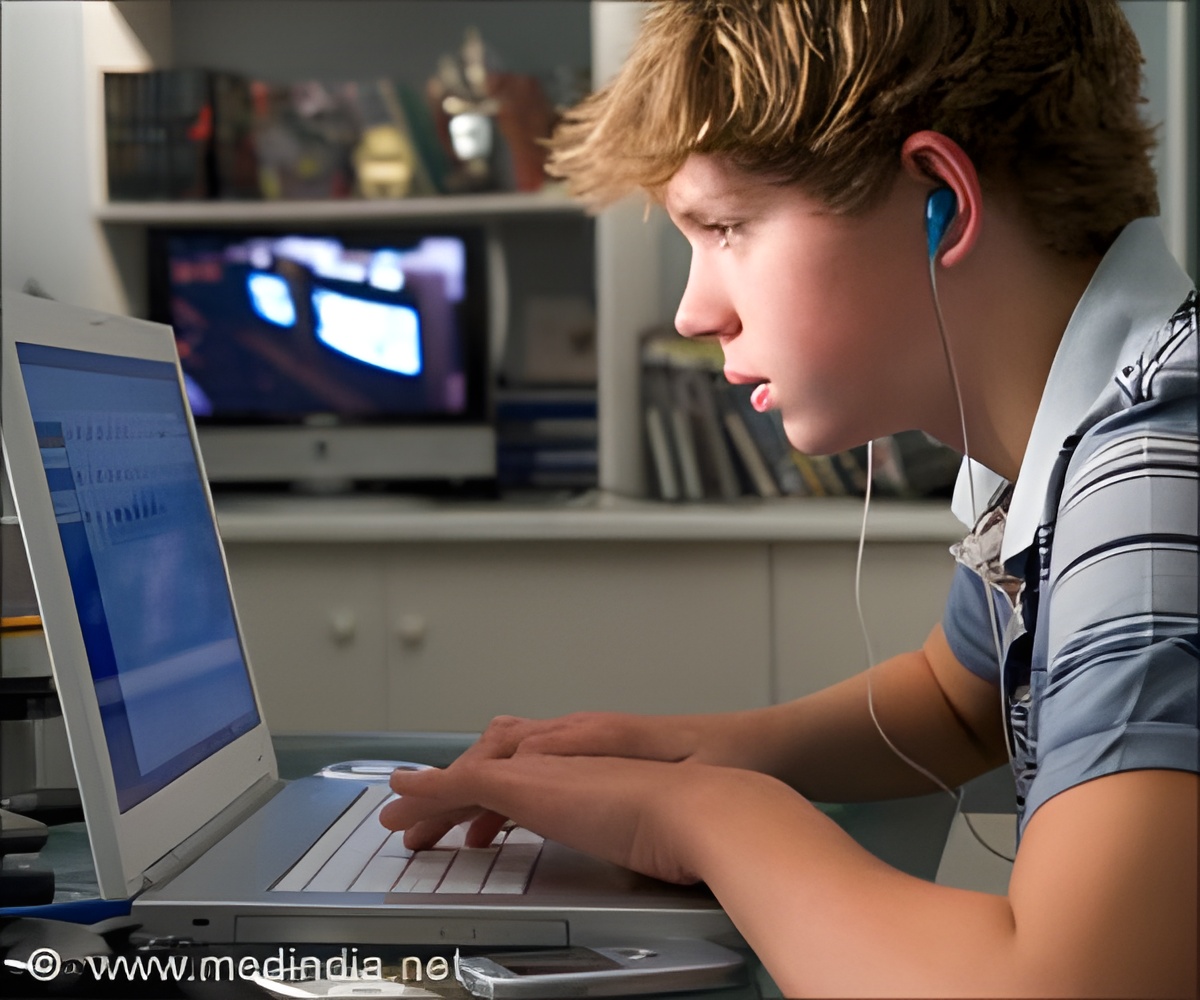College students are vulnerable to developing problematic internet use due to free Internet, free time, and the sudden freedom from parental control and monitoring.

‘Problematic Internet Use (PIU) is an addictive behavior of computer use and internet access that could lead to impairment or distress. It is more common in adolescent boys than girls.’





College students may be especially vulnerable to developing PIU for reasons that include free Internet access, large blocks of free time, courses that require its use and the sudden freedom from parental control and monitoring. "We wanted to understand better students with Problematic Internet Use," said Susan Snyder from Georgia State University in the US adding "specifically, we wanted to understand how the internet affects students' family relationships positively and negatively".
PIU is considered a behavioral addiction with characteristics similar to substance abuse disorders, the researchers said.
PIU has been linked with negative mental health consequences such as depression, attention-deficit/hyperactivity disorder, hostility, social phobia, and alcohol abuse, self-injuries and sleep difficulties, they added.
Estimates of PIU across the US population run as high as 15 percent, revealed the study, published in the journal PLOS ONE.
Advertisement
On the plus side, these students reported that their time on the internet often improved family connectedness when they and their family were apart.
Advertisement
At the same time, many students with PIU felt their families also overused the internet, with parents not setting enough limits for either parent or sibling internet use, the findings showed.
The research team conducted a qualitative study of 27 US university students who self-identified themselves as problematic internet users.
Source-IANS









